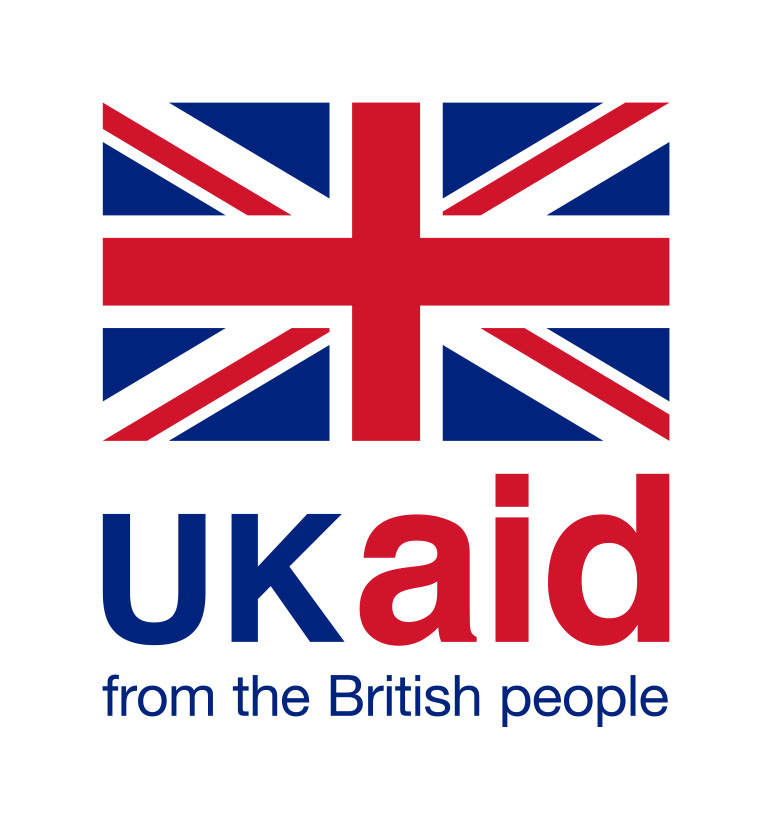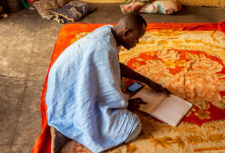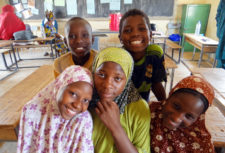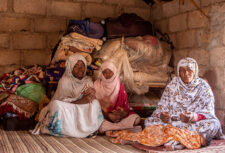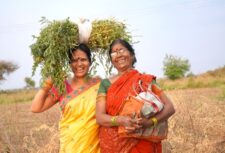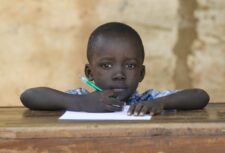Disclaimer: This article is more than 6 years old, and may not include the most up-to-date information or statistics. Please verify information with more recent sources as needed, and if you have any questions contact our Press Office.
Africa Programme Officer Emmanuelle Tremeau talks about her work on our Africa projects
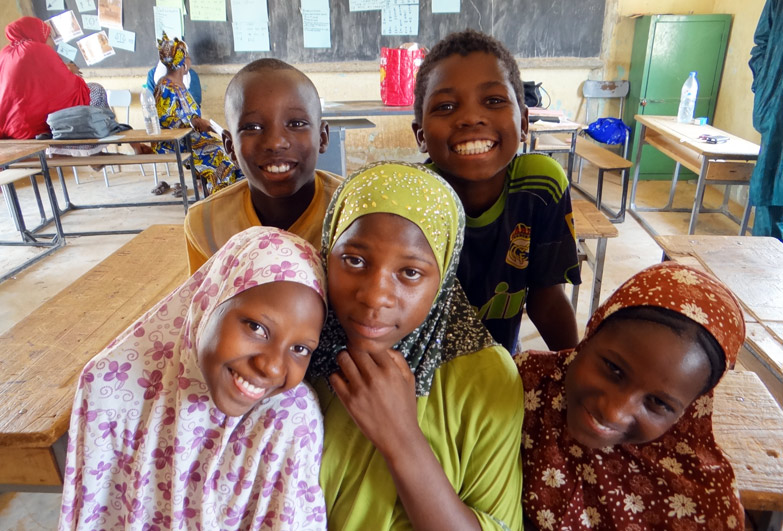
This article first appeared in our Reporter magazine. All our members and donors receive a copy twice a year delivered straight to their doorsteps – Donate or become a member to be one of them.
04 July 2017
‘Sustainable change means that you can pull out and your work doesn’t fall apart, what’s the point of it otherwise?’
What is your role at Anti-Slavery?
I work in the Africa Programme on our projects on descent based slavery in Mauritania and Niger, as well as on forced child begging in Senegal and now child domestic workers in Tanzania. I focus on the Niger project mostly, particularly our schools for communities affected by slavery.
What do you like most about your work?
Relationship with the partners. They work in really challenging situations, many of them spending their own time and resources on something they believe in, so I take pride in being able to work with them.
I love the fact that Anti-Slavery’s model is all about working with local partners rather than working with local communities on our own. The relationship we have with our partners is very ‘horizontal’, we work together on an equal footing and always learn from one another. We work with really good people, they do excellent work. I also like to observe the impact we are having, like slavery in Mauritania becoming part of a mainstream debate, and the changes it brings, such as the conviction of two slave-owners last year under the new anti-slavery law.
What is the most important change you’ve seen in your three years at Anti-Slavery?
Taking part in convincing the Nigerien Government to take over our community schools. The six schools we founded a decade ago has been our flagship project, helping whole communities out of slavery. But sustainable change means that you can pull out and your work doesn’t fall apart, what’s the point of it otherwise? Seeing how Timidria – our partners – and the communities themselves embraced it and successfully advocated for the government to take responsibility for the running of the schools – it was wonderful to see and proof that the they keep thriving when we move on to other projects.
- Read more about our project in Niger which is educating children of slave decent
- This article first appeared in our Reporter magazine. You can read the PDF version here, and all our members and donors receive a copy twice a year delivered straight to their doorsteps – Donate or become a member to be one of them.
This project is funded with UK aid from the UK government
